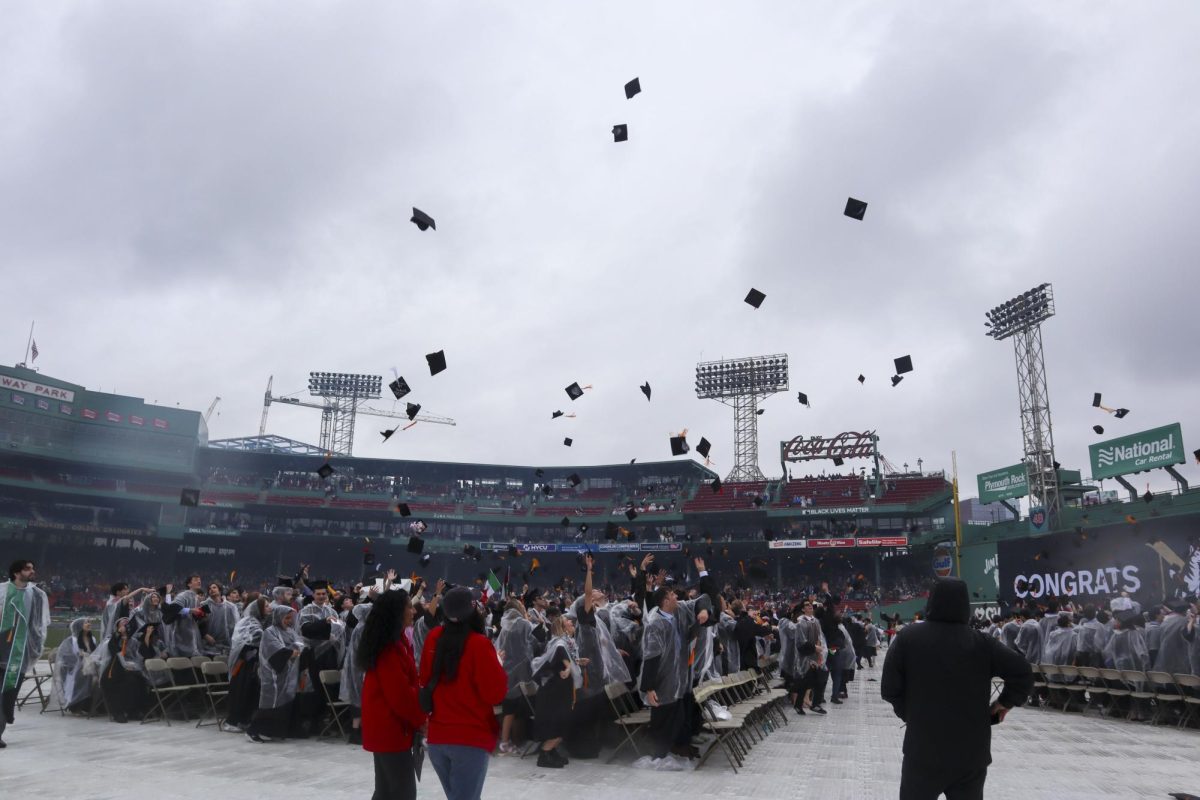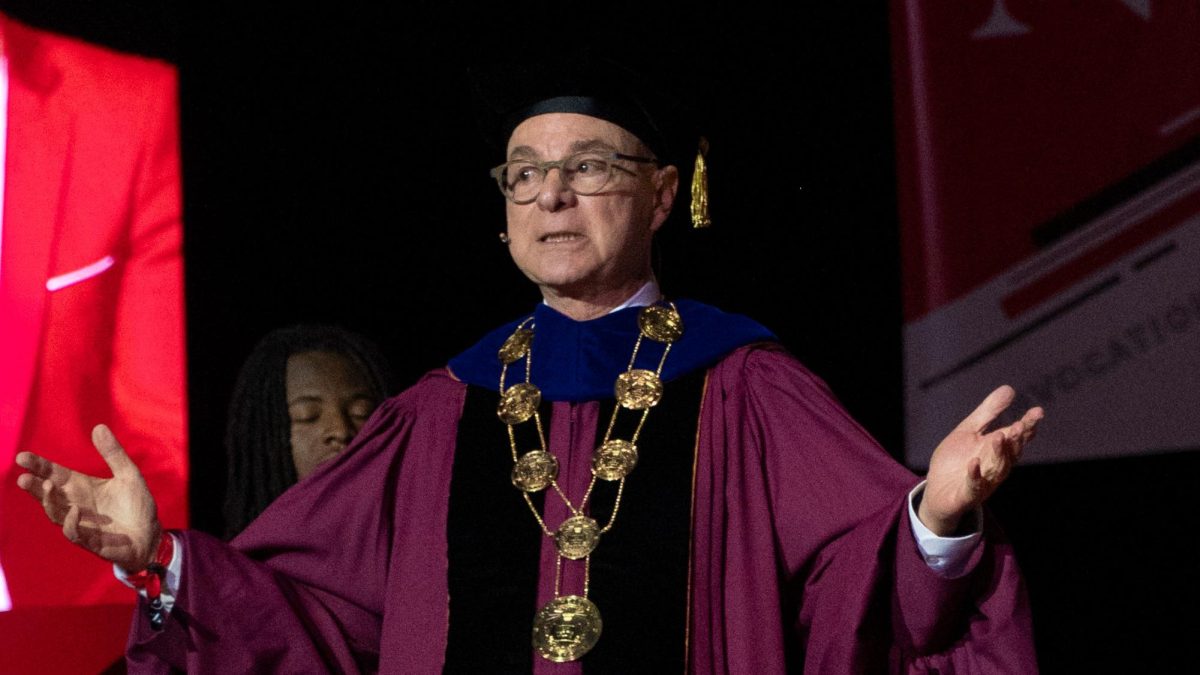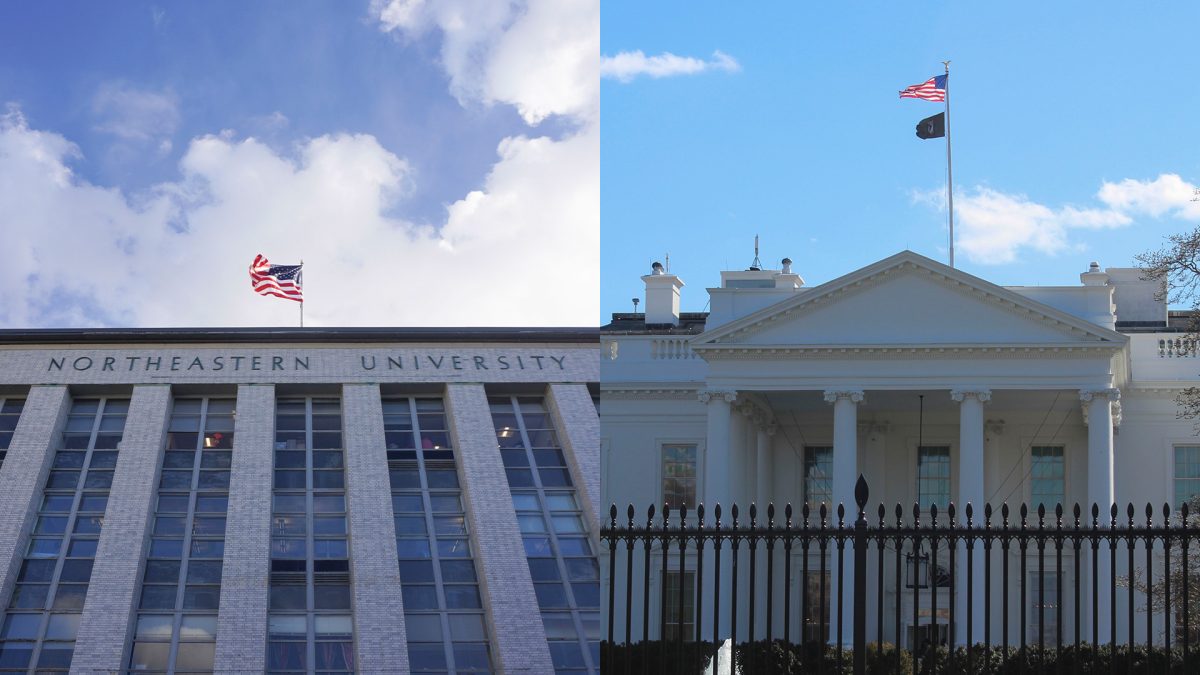By Raffaela Kenny-Cincotta, News Correspondent
The results of a survey, commissioned by Northeastern University in an effort to examine the current public opinion of American higher education, indicate that most Americans believe higher education must change to stay competitive globally.
The results were released Nov. 27, and the survey was conducted in October by the business advisory firm, FTI Consulting. It included a range of questions concerning the current and future status of American higher education.
Three out of four Americans said that the quality of higher education in the U.S. is among the best in the world, but 83 percent said the U.S. higher education system must reform in order for the nation to remain competitive on a global scale.
The findings in many ways dovetail with a cause university President Joseph E. Aoun has championed of late: that of the need for innovation in higher education. Aoun described the findings in a statement as a “wake-up call” for educators.
In a recent Op-Ed piece for The Boston Globe, Aoun called for reform and outlined a change in the educational landscape. Massive open online courses, or “MOOCs” as Aoun calls them, have presented an easier, cheaper and more accessible option to traditional universities.
One of the cutting edge methods championed by both Aoun and the survey is cooperative education. With students integrating semesters of class with periods of employment, cooperative learning allows students to learn in the classroom as well as receive valuable job experience.
As one of the largest majorities in the survey, 88 percent of Americans and 94 percent of young adults responded that cooperative education helps students “find the right career, develop applied skills, become better prepared for the real world and find employment.”
The survey also brought attention to the difficulties in achieving a degree. Namely, the it touched on the ever-increasing price of college, with 86 percent of Americans citing tuition costs as one of the major obstacles student face. In fact, 64 percent of young adults, ages 18-30, directly know someone who was forced to delay or not go to college because the cost was too high.








